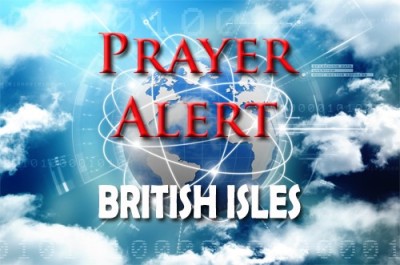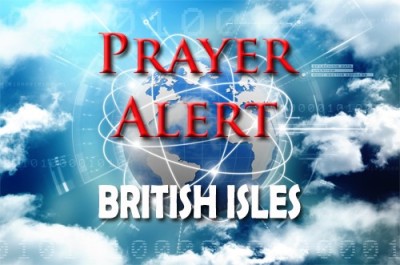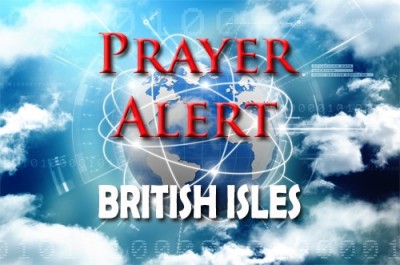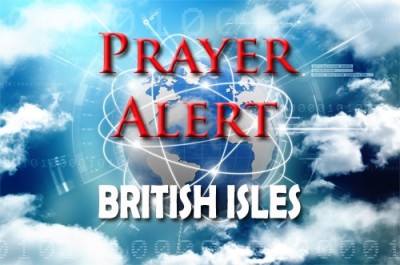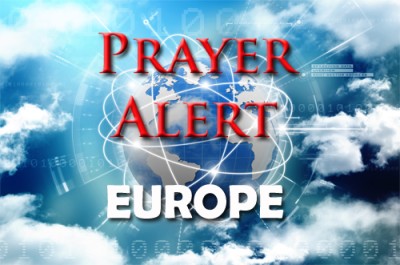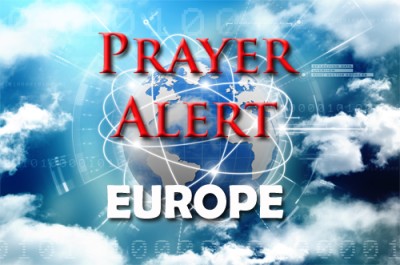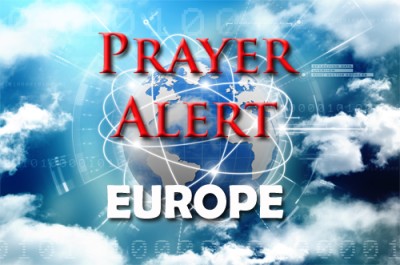Homeowners face rising mortgage rates as a Bank of England interest rate cut is delayed. Several banks have raised some mortgage rates, responding to uncertain economic forecasts. Inflation remained higher than expected at 3.2% in March, influencing market predictions and delaying anticipated rate cuts. Mortgage brokers have advised securing rates swiftly to avoid financial strain. One broker highlighted the volatile nature of current rates, while another noted increasing frustration among homebuyers due to these changes. Currently, the average two-year and five-year fixed mortgage rates stand at 5.82% and 5.40% respectively.
London police are set to meet with Jewish leaders following concerns raised by the Jewish community over their safety. The discussions are a response to tensions from pro-Palestinian marches, with reports of some participants expressing extremist views. Metropolitan Police commissioner Mark Rowley, under scrutiny for the force's handling of an incident involving an 'openly Jewish' man, will also confer with mayor Sadiq Khan and home secretary James Cleverly. The police apologised after suggesting the man’s presence could provoke demonstrators, a comment they later retracted, clarifying that being Jewish is not provocative. The Met has been actively deploying officers during these events to balance the rights of protesters with the safety of Jewish residents and counter-demonstrators.
In 2023, the Internet Watch Foundation (IWF) reported a 27% increase in 'self-generated' child sexual abuse images and videos, marking a disturbing trend involving very young children, including those as young as three years old. The foundation particularly noted a significant rise in the most severe imagery, which involves the worst forms of sexual abuse. Perpetrators are targeting children within the safety of their own homes, manipulating them into producing abusive content through devices commonly found in family settings. Most imagery was captured in children’s bedrooms, often surrounded by innocent items like toys and cartoon-themed bedding. The IWF stresses that 'self-generated' does not imply the child is at fault, but rather highlights the grim reality of grooming and coercion by online predators. It has urged early education about online dangers for children under six and called for significant protective measures from tech companies.
Labour pledges to renationalise railways
25 Apr 2024Labour has announced plans to renationalise the railways within five years if elected, aiming for the 'biggest overhaul to our railways in a generation’. According to shadow transport secretary Louise Haigh, the transition to public ownership would occur within the party's first term by incorporating expiring private passenger rail contracts into a new entity, avoiding compensation costs to taxpayers. This entity would be a public, expert-led version of the Great British Railways (GBR), differing from the Government’s plan which also involves establishing a new public sector body. Labour aims to deliver reliable, efficient, and quality services which would benefit the economy, taxpayers, passengers, and railway staff, while still allowing private sector roles.
A deputy defence minister, Timur Ivanov, has been detained in Moscow, accused of accepting large-scale bribes. Ivanov, who denies the charges, has been overseeing military infrastructure projects since his appointment in 2016. There have been few such high-profile cases since the invasion of Ukraine. Ivanov, an ally of defence minister Sergei Shoigu, faces serious charges. Reports link him to profiting from construction schemes in occupied Ukrainian territories, particularly in Mariupol. A court has remanded him and a friend, Sergei Borodin, for two months. His detention signifies a significant move against Russia's elite, who are often accused of using their positions to amass vast fortunes. It may also impact Shoigu's standing, as Ivanov (described by the USA and UK as ‘tenth in the overall hierarchy of the Russian military leadership’) is seen as his close associate.
The head of the Russian Orthodox Church has sanctioned a priest who conducted a memorial service for Alexei Navalny, the late opposition leader. Patriarch Kirill, a close ally of Vladimir Putin, has banned Dimitry Safronov, the priest of a Moscow church, from his duties for three years, demoted him and stripped him of his robes and cross. He gave no official reason for these harsh sanctions, but Safronov was at Navalny’s funeral, and in March conducted a memorial service at his grave. He had also co-signed a letter asking the government to give Navalny’s body (which local authorities initially refused to release) to his family and let them bury him in the Christian tradition. Before his death Navalny had publicly spoken about his faith on several occasions.
Greece: orange dust from Sahara envelops Athens
25 Apr 2024A dense orange haze has enveloped Athens as clouds of Sahara desert dust swept across Greece, marking one of the worst episodes since 2018. Similar clouds hit Greece, Switzerland, and southern France in late March and early April. As the air quality has deteriorated, Greeks with respiratory issues have been advised to stay indoors, wear masks, and avoid strenuous activities. The Sahara annually releases 60 to 200 million tonnes of mineral dust, some of which travels long distances. A meteorologist has compared the view from one weather station to Mars. The fire service has reported 25 wildfires in 24 hours, including one in Crete, where temperatures soared above 30C. The situation underscores the environmental challenges posed by such natural phenomena, requiring vigilant monitoring and response efforts.
Joe Biden has signed a $95 billion aid package for Ukraine, Israel, and Taiwan, emphasising its importance in enhancing global security. He promised to send the military assistance for Ukraine ‘right away’, with $61 billion allocated for this purpose. The bipartisan bill, approved by the Senate in a 79-18 vote after months of congressional debate, signals America's commitment to its allies. Volodymyr Zelensky hailed the aid as a reinforcement of America's democratic leadership. The package also includes provisions for confiscating Russian assets and imposing new sanctions on Russia, China, and Iran. The aid is expected to provide critical support to Ukraine's forces, which have faced shortages of ammunition and defence systems. Meanwhile, Biden has faced significant protests against his stance on Gaza at different universities, notably Columbia: see
